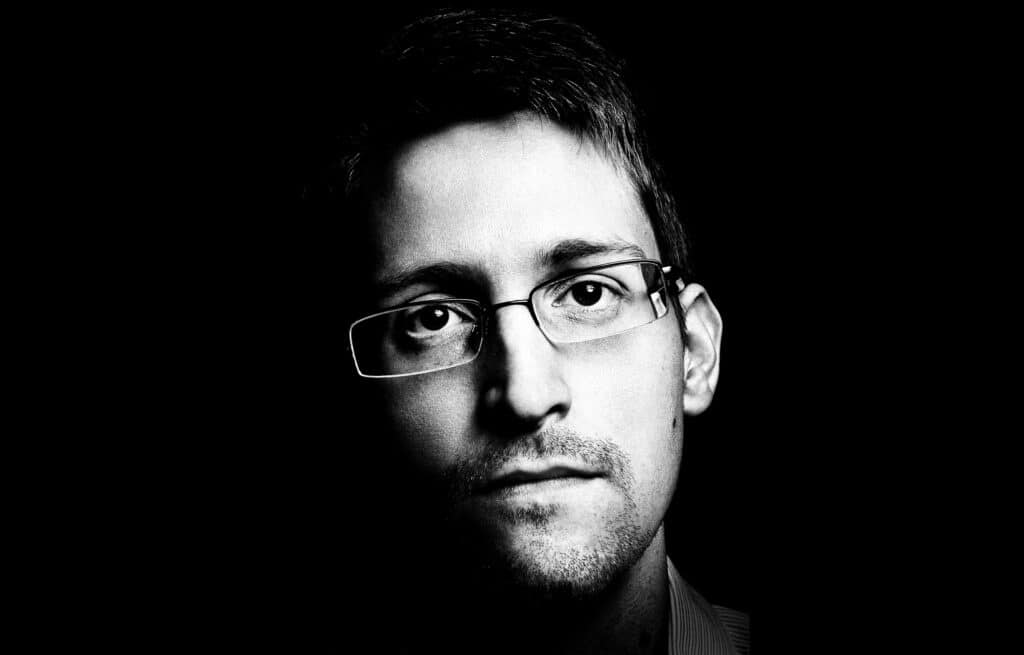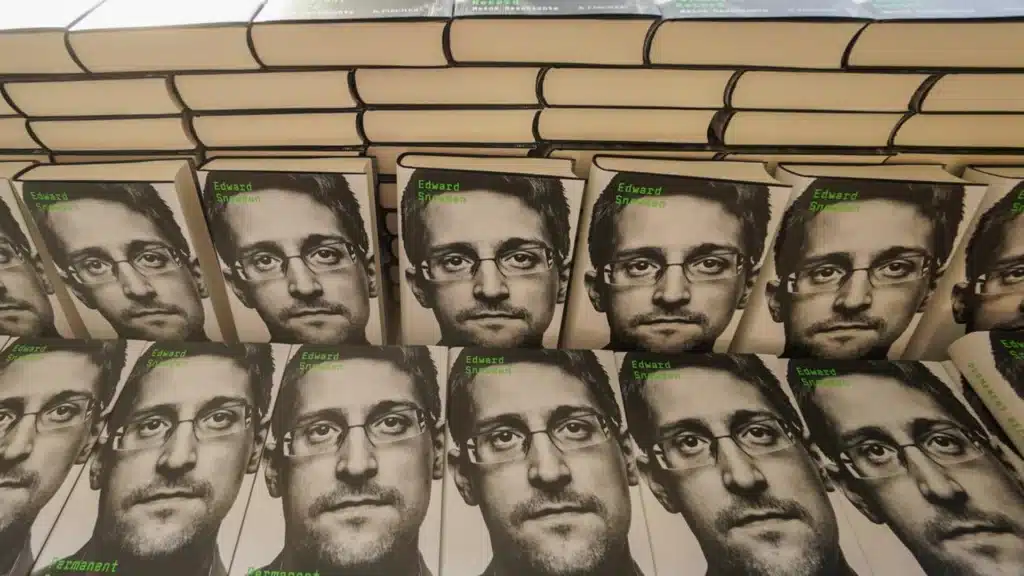In the world of digital surveillance and government secrecy, few names have generated as much controversy as Edward Snowden and Julian Assange. As a former National Security Agency (NSA) contractor, Snowden became a household name when he leaked classified documents in 2013, exposing extensive global surveillance programs.
In this article, we explore the story of Edward Snowden, his actions, and the impact of his disclosures on privacy and government surveillance practices.
Contents
Who is Edward Snowden?

Edward Snowden, born on June 21, 1983, is an American former intelligence officer and whistleblower. With a background in technology and computer security, Snowden gained access to classified information while working as an NSA contractor. In 2013, he made the decision to disclose these documents to the public, revealing the extensive surveillance activities conducted by intelligence agencies.
What did Edward Snowden Do?
Here are the actions of Edward Snowden that informed people how the government is violating everyone’s privacy:
Unveiling Mass Surveillance Project
Edward Snowden’s most significant action was leaking classified documents to the press, exposing widespread global surveillance programs conducted by intelligence agencies, particularly the NSA. The leaked documents revealed the existence of mass surveillance programs such as PRISM, which involved the collection of vast amounts of electronic communications data from both American citizens and individuals abroad.
Snowden’s disclosures also shed light on the surveillance practices of intelligence agencies in various countries, highlighting the extent of government intrusion into individuals’ privacy. The leaked information sparked a global debate on privacy, government surveillance, and the balance between national security and civil liberties.
Seeking Asylum: Evading Prosecution
Upon leaking the classified documents, Snowden faced immediate legal repercussions. Fearing arrest and prosecution in the United States, he sought asylum in Hong Kong before eventually relocating to Russia, where he currently resides. Snowden’s choice to seek asylum and evade prosecution has sparked intense debate, with some viewing him as a hero fighting for privacy rights and government accountability, while others consider him a traitor who endangered national security.
In addition to his whistleblowing actions, Edward Snowden has been a vocal advocate for privacy and civil liberties. He has spoken at conferences, given interviews, and participated in public discussions, aiming to raise awareness about the erosion of privacy rights and the need for transparent surveillance practices. Snowden’s advocacy work has contributed to the ongoing global conversation about the balance between national security and individual privacy rights.
The Fallout & Impact of Edward Snowden’s Whistleblowing
Edward Snowden’s actions and the subsequent release of classified documents triggered a wave of global awareness and debate on government surveillance practices. The disclosures shed light on the extent of mass surveillance programs, prompting discussions on privacy, civil liberties, and the role of intelligence agencies in democratic societies.
Not to mention, Snowden’s disclosures had a profound impact on government surveillance practices and led to legal reforms in various countries. Governments faced increased scrutiny and pressure to enact legislation that addressed concerns surrounding privacy rights and surveillance transparency. As a result, some countries implemented stricter oversight mechanisms, increased judicial involvement, and enhanced protections for individuals’ privacy.
Also, in response to concerns about government surveillance, technology companies began implementing stronger encryption measures to protect user data and bolster privacy. Additionally, privacy-focused tools and applications gained popularity, providing individuals with more control over their personal information and communications.
Conclusion
Edward Snowden’s actions as a whistleblower have undeniably left a lasting impact on the global conversation surrounding government surveillance, privacy rights, and civil liberties. Through his disclosure of classified documents, Snowden exposed the extent of mass surveillance programs, sparking a worldwide debate and prompting legal reforms in several countries.
Whether viewed as a hero or a traitor, Edward Snowden’s actions have undoubtedly shaped the landscape of digital privacy and surveillance practices. The ongoing discussions surrounding his disclosures continue to influence government policies, technological developments, and public perceptions of privacy in an increasingly interconnected world.



